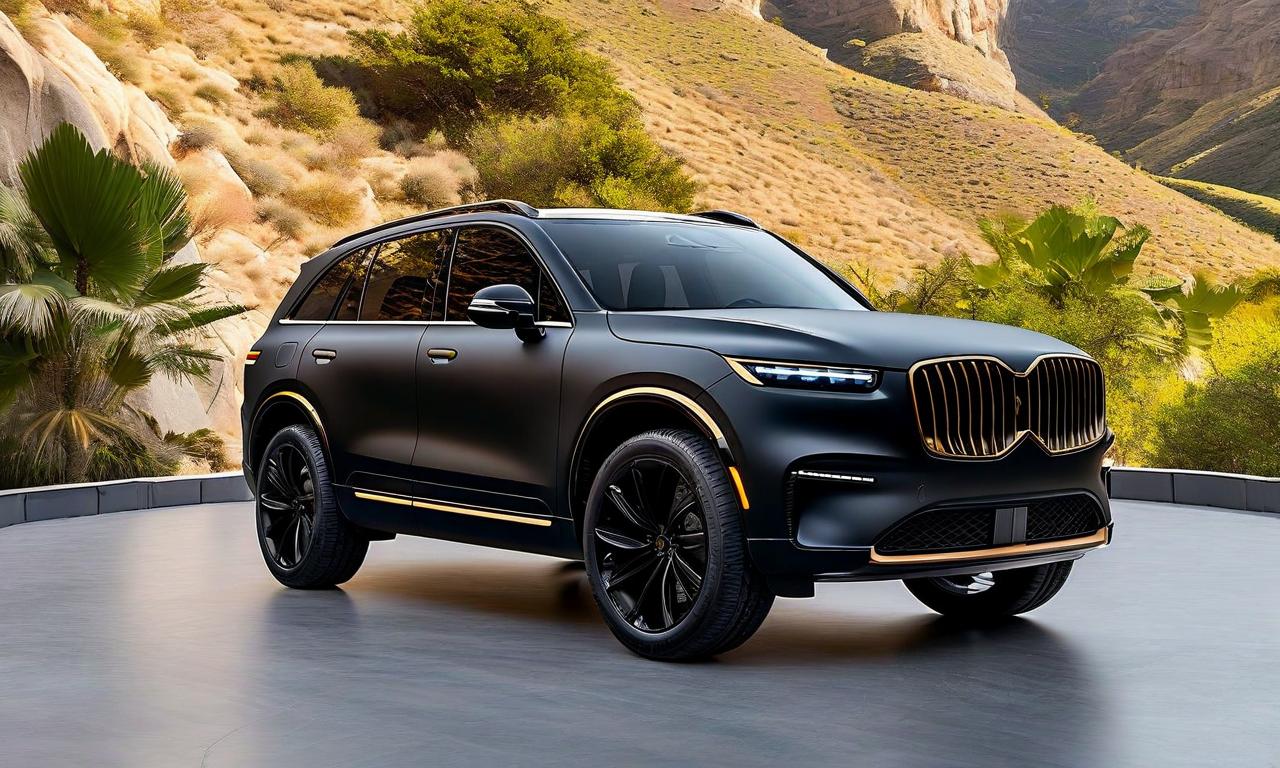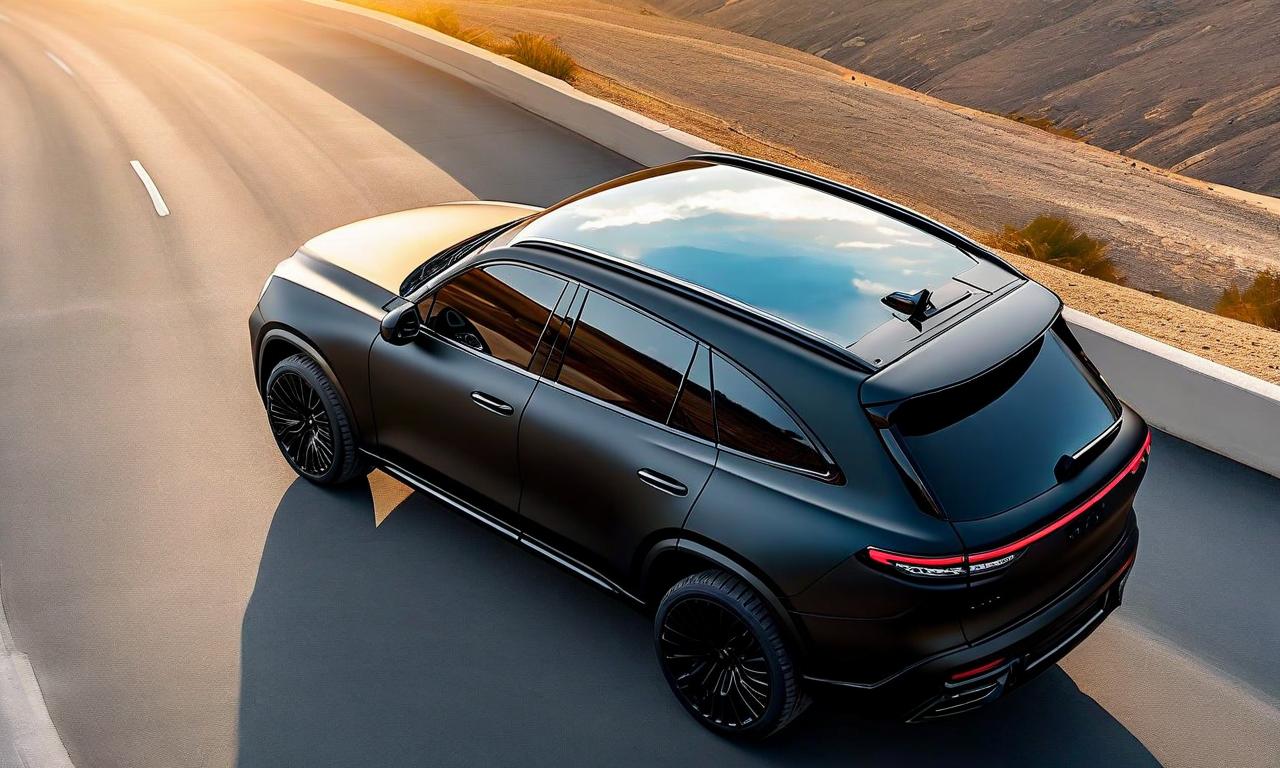Maruti Suzuki Poised for Gains as Global Automakers Recalibrate EV Strategies
Major carmakers are reevaluating their electric vehicle (EV) transition strategies due to slowing demand, infrastructure challenges, and profit pressures. This shift presents potential opportunities for Maruti Suzuki, India's leading automobile manufacturer. Maruti's measured approach to EV adoption, focus on fuel efficiency in internal combustion engines, and exploration of hybrid technologies may prove advantageous. The company could capitalize on continued demand for affordable, fuel-efficient vehicles in India, gradually introduce electrification, and benefit from global automakers' experiences. This strategic position could strengthen Maruti Suzuki's competitive stance in the evolving automotive landscape.

*this image is generated using AI for illustrative purposes only.
In a significant shift within the global automotive landscape, major carmakers are reassessing their strategies for transitioning from internal combustion engines to electric vehicles (EVs). This recalibration presents potential opportunities for Maruti Suzuki , India's leading automobile manufacturer, as the industry grapples with evolving market dynamics.
Global Auto Industry Faces EV Challenges
The automotive sector is experiencing a strategic reset, primarily driven by three key factors:
Slowing EV Demand: After an initial surge, the demand for electric vehicles has begun to plateau in several markets, prompting automakers to reevaluate their production targets and investment plans.
Infrastructure Bottlenecks: The lack of adequate charging infrastructure continues to be a significant hurdle for widespread EV adoption, causing consumers to hesitate in making the switch from conventional vehicles.
Profit Pressures: The world's largest automakers are facing increasing pressure on their profit margins as they invest heavily in EV technology while managing the costs associated with traditional vehicle production.
Maruti Suzuki's Potential Advantage
As global automakers slow down their EV transition, Maruti Suzuki finds itself in a potentially advantageous position. The company's strategic approach to the Indian market, which has been more measured in its adoption of EVs, may prove beneficial in the current scenario.
Maruti Suzuki has maintained a strong focus on improving fuel efficiency in its internal combustion engine vehicles and exploring hybrid technologies. This balanced approach could allow the company to:
- Capitalize on the continued demand for affordable, fuel-efficient vehicles in the Indian market
- Gradually introduce electrification technologies without the pressure of an accelerated timeline
- Benefit from the lessons learned by global automakers in their EV transitions
Implications for the Indian Auto Market
The shifting global trends could have several implications for the Indian automotive sector:
Continued Relevance of ICE Vehicles: The slower global transition to EVs may extend the lifecycle of internal combustion engine vehicles, an area where Maruti Suzuki has a strong market presence.
Hybrid Technology Focus: Maruti's investments in hybrid technology could pay off as a bridge between conventional and fully electric vehicles.
Strategic Partnerships: The company may have opportunities to forge partnerships with global automakers looking to leverage Maruti's strong position in the Indian market.
As the global automotive industry navigates this period of strategic recalibration, Maruti Suzuki's position in the Indian market and its measured approach to new technologies could potentially strengthen its competitive stance. However, the company will need to remain agile and responsive to both global trends and local market demands to fully capitalize on these evolving opportunities.
Historical Stock Returns for Maruti Suzuki
| 1 Day | 5 Days | 1 Month | 6 Months | 1 Year | 5 Years |
|---|---|---|---|---|---|
| -3.16% | -3.93% | -5.62% | -2.22% | +16.21% | +105.10% |



































